Civil Law – Your Practical Guide to Cases, Courts and Winning Strategies
Whether you’re dealing with a contract dispute, a property issue, or a family matter, civil law is the part of the legal system that helps you sort it out. It’s not as scary as it sounds – it’s mostly about one person or business asking another to fix a problem or pay money. Below you’ll find straight‑forward advice that works for most Virginia residents, plus quick answers to the questions you probably have right now.
How to Start a Civil Lawsuit in Virginia
The first step is to know exactly what you want. Are you chasing unpaid rent, a broken contract, or a personal injury? Write down the facts in plain language, then gather any paperwork – emails, receipts, photos – that backs up your claim.
Next, file a complaint with the right court. Small‑claims court handles disputes up to $5,000; the General District Court covers a bit more, and the Circuit Court deals with bigger amounts or more complicated cases. The filing fee varies, but it’s usually under $200. After you file, the court will issue a summons that you must serve to the other side – certified mail works for most cases.
Once the other party receives the summons, they have a set time to answer. If they ignore it, you can ask the judge for a default judgment, which often speeds things up. If they respond, both sides exchange evidence during discovery. This is where you’ll share documents, answer written questions, and maybe even take depositions. Keep everything organized; missing a deadline can cost you the case.
Finally, the case either settles out of court or goes to trial. Settlements are common because they save time and money. If you go to trial, be ready to present your evidence clearly – think of it as telling a story that shows why the law supports your side.
Where Civil Cases Are Heard and What ‘Disposed’ Means
Virginia’s court system can feel like a maze, but here’s a quick map: Small claims go to the General District Court in the county where the dispute happened. Bigger money fights or cases involving real estate usually land in the Circuit Court. Some specialized matters, like family law or probate, have their own tracks.
Knowing the right venue matters because each court has different rules, judges, and limits on how much you can claim. Filing in the wrong court can delay your case or even get it tossed.
When you see a case listed as “disposed,” it simply means the court has finished with it. Disposal can happen in several ways: a settlement, a judgment after trial, a dismissal, or even a transfer to another court. It doesn’t always mean one side won; it just means the court’s work on that file is done.
To protect yourself after a case is disposed, keep the final order or settlement agreement in a safe place. You might need it later for tax purposes, to enforce the judgment, or to prove the issue is resolved if the other party brings it up again.
Bottom line: civil law is about using the legal system to get a fair outcome when people or businesses clash. By understanding where to file, what paperwork you need, and how a case ends, you can move forward with confidence. Keep these steps handy, stay organized, and don’t hesitate to ask a qualified attorney for help when the stakes get high.
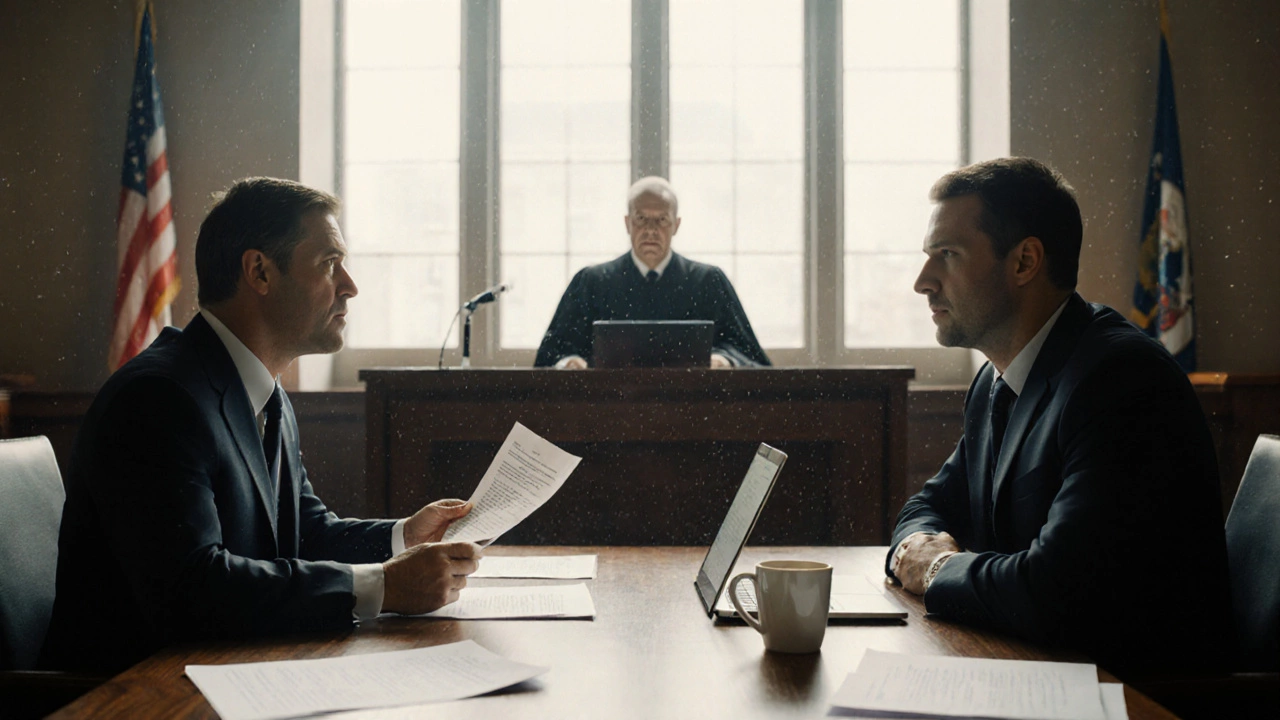
What Is a Civil Case? Simple Examples and How They Work
A civil case is a legal dispute between private parties over money, property, or rights. Learn what civil cases are, common examples like contract breaches and personal injury claims, and how they differ from criminal cases.

How Do You Know If You Have a Federal Case?
Learn how to tell if your civil case belongs in federal court. Understand federal jurisdiction rules, common cases, and what to do if you're unsure where to file.
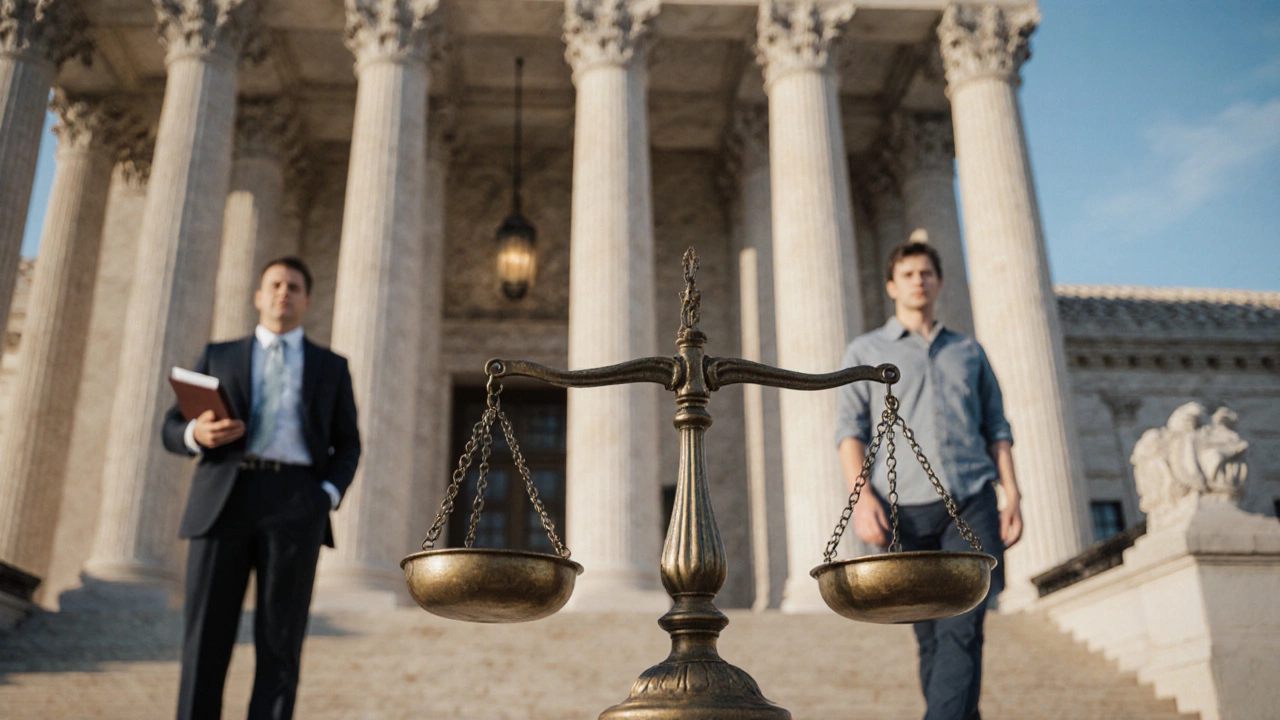
Virginia Civil Lawsuit Explained: What It Is, Process & Key Facts
A clear guide to Virginia civil lawsuits: definition, courts, filing steps, costs, timeline, and tips for success.
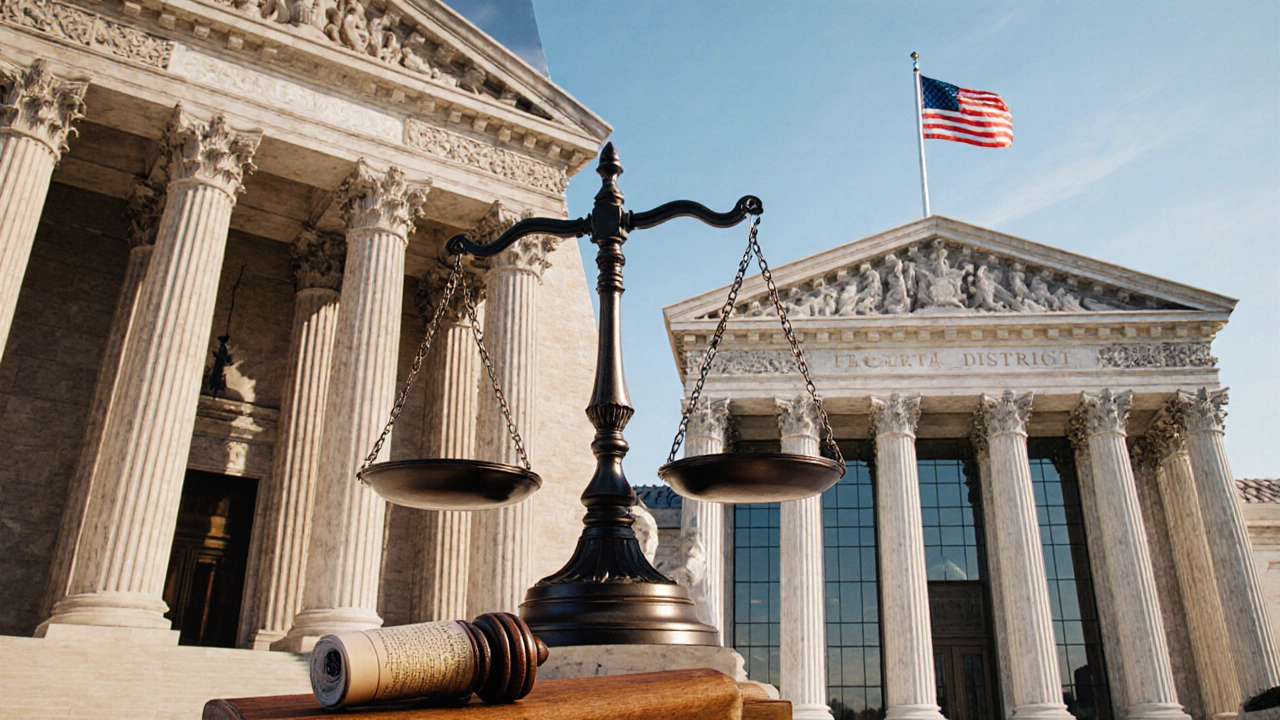
When Does a Civil Case Go Federal? Key Factors Explained
Learn when a civil lawsuit shifts to federal court, covering federal question, diversity, exclusive statutes, removal rules, and a practical checklist.
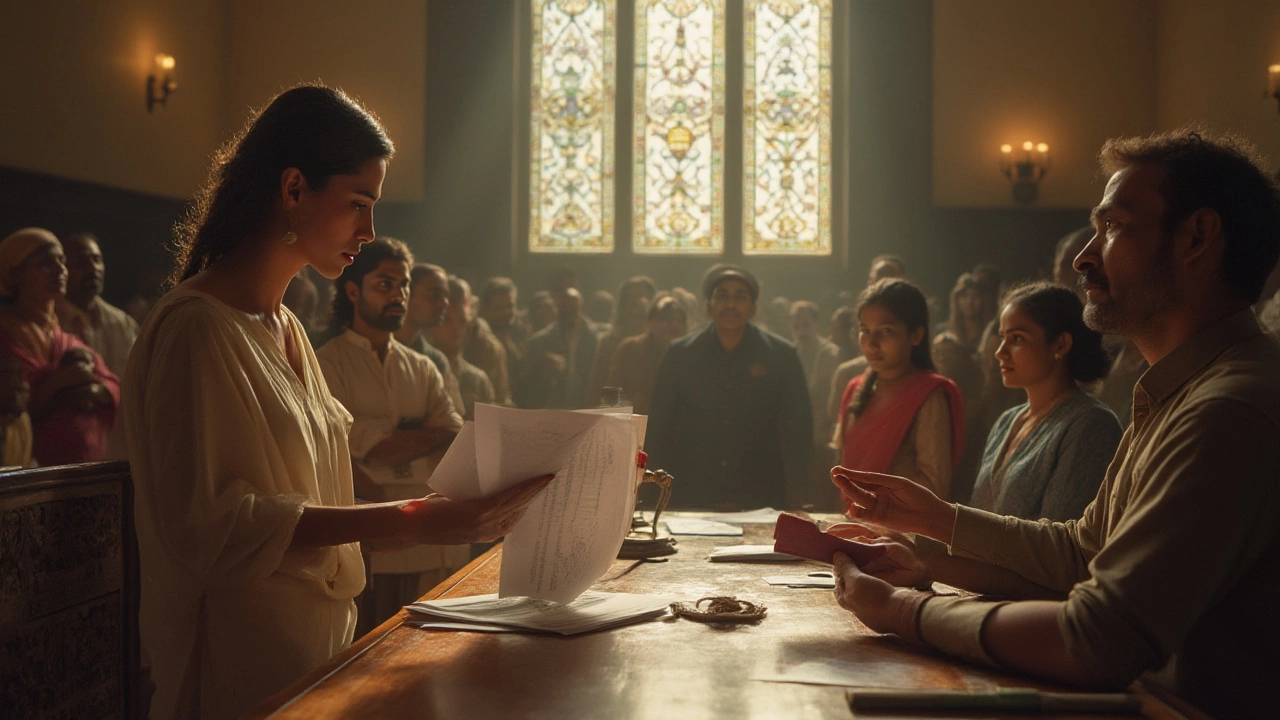
Civil Cases: How to Prove Your Side and Win in Court
Learn exactly how civil cases are proven in court, what evidence counts, and how to stack the odds in your favor. Get tips that actually help.

Can You Date While Separated in VA? Here’s What Civil Court Really Thinks
Thinking about dating while separated in Virginia? This article breaks down what the law actually says and how courts see new relationships before your divorce is final. Find out why timing and evidence matter more than you might expect. Get tips to protect yourself from legal drama or surprises in court. Whether you’re ready to move on or just testing the waters, know the risks before you swipe right.
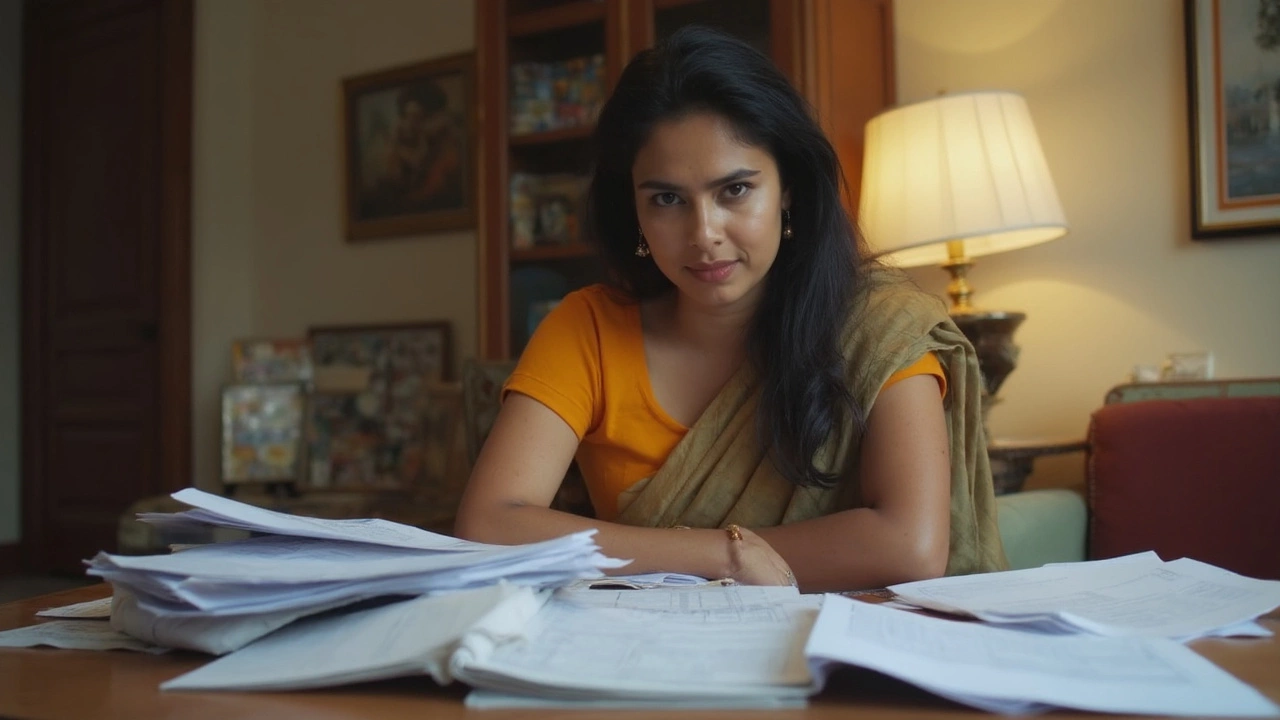
Will I Need to Pay My Husband's Debt If He Passes Away in Virginia?
Worried about your husband's debts in Virginia if the worst happens? This article lays out exactly how debt is handled after a spouse dies, who might be on the hook for payments, and what the law really says. You'll learn the difference between personal and joint debts, how the probate process works, and common missteps spouses make. Useful tips and real-life examples keep things clear and practical for anyone facing this stressful situation.

CR in Court Cases: What It Means and Why It Matters
Wondering what 'CR' means when you spot it on a court document or case? This article breaks down what 'CR' stands for in civil courts, how it's used, and why it can change how your case is handled. Discover some surprising facts about court case codes, learn quick tips to avoid confusion, and get the answers you need, explained without legal jargon. You’ll finish with a clear understanding you can put to use right away.

5 Steps to Start a Lawsuit in Civil Court
So you’re thinking about taking legal action, but the court process feels intimidating? This article breaks down the five essential steps to start a lawsuit in civil court. You’ll learn what paperwork you actually need, where things often go wrong, and why small details make a big difference. There are tips to keep things moving and avoid rookie mistakes. Whether you’re fighting over unpaid bills or a broken contract, this guide has you covered.
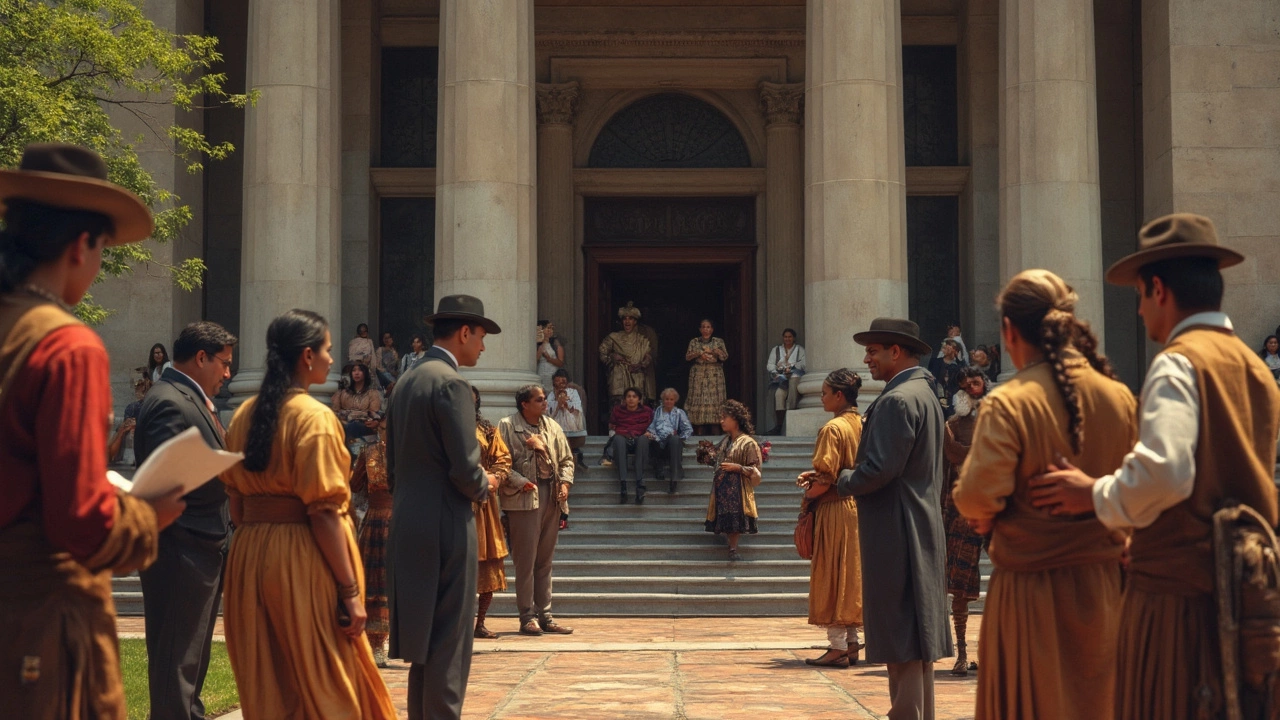
Where Are Civil Cases Heard in VA? Essential Guide to Virginia's Civil Courts
Trying to figure out where a civil case gets heard in Virginia? This article breaks down the court options based on what’s at stake—money, property, or more. Learn how the court locations, processes, and limits can affect your case. Get tips on paperwork, what to expect in the courtroom, and why choosing the right court makes a real difference. Here’s how to navigate Virginia’s civil court system without getting lost.

Can I Sue a Judge for Bias? Your Real Options in Civil Court
Ever left court feeling the judge had it in for you? This article explains if you can actually sue a judge for bias and what steps people really take if they think a judge didn't play fair. You'll learn what counts as judicial bias, why judges are so hard to sue, and smarter moves if you think you've been treated unfairly. By the end, you'll know the real-life options for dealing with a biased judge in civil court. Everything here is explained without legal jargon or fluff.

Understanding Your Liability for a Spouse's Debt
Ever wondered if you're on the hook for your spouse's debt? This article delves into the nitty-gritty of responsibility for a partner's financial obligations. We'll unravel who owes what and when, shedding light on the tangled web of debt and marriage laws. Break down the factors that determine accountability and offer practical tips for managing joint finances effectively.